-
-
Vertical Solar PV Poles
-
Square Shape Vertical Solar PV Poles
Round shape vertical Solar PV poles
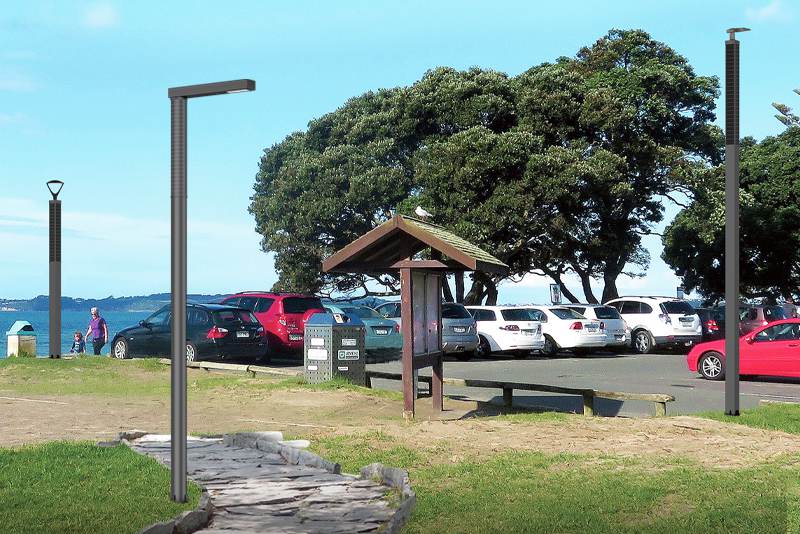
Vertical Solar PV Poles
-
Solar Street Lights
-
Four-lane Road Width 16-20M
Two-lane Road Width 7-8M
Single Lane 3-5M
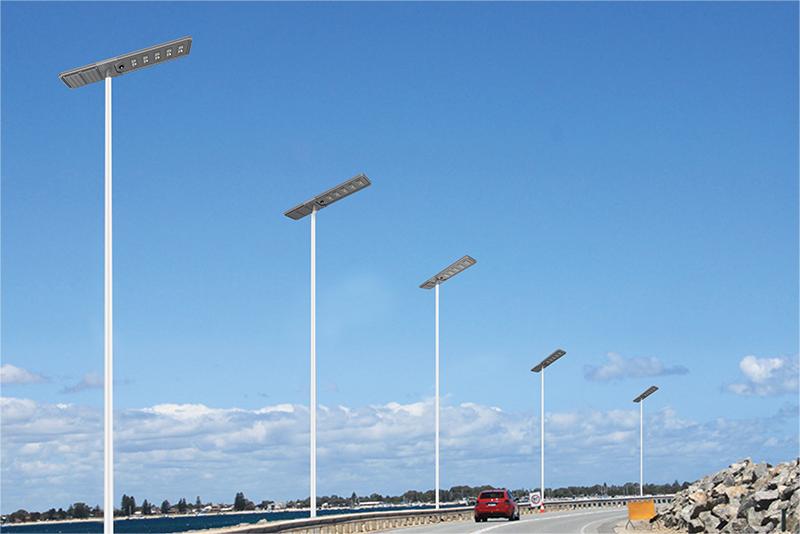
Solar Street Lights
-
Solar Garden Lighting
-
Solar garden/landscape/security lighting series
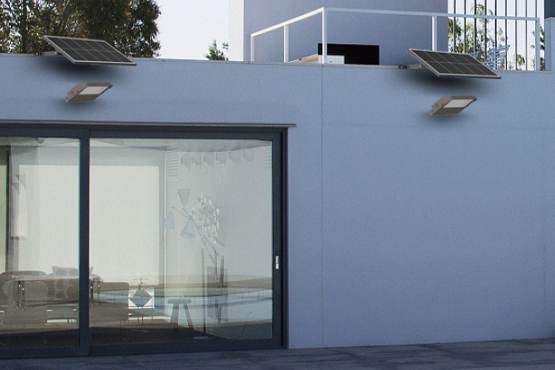
Solar Garden Lighting
-
-
-
Company Profile
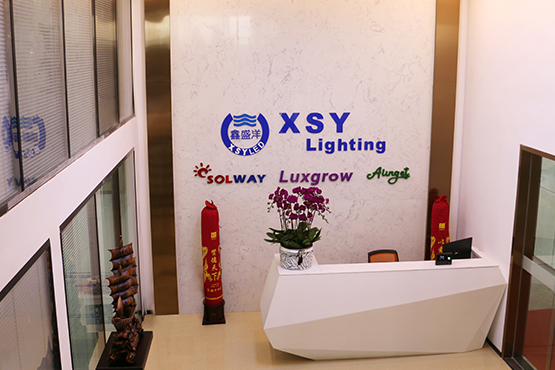
Company Profile
-
Enterprise Style

Enterprise Style
-
Certification
-
Company Honor
Certified Product
Product Patent

Certification
-
-
-
SKD solution
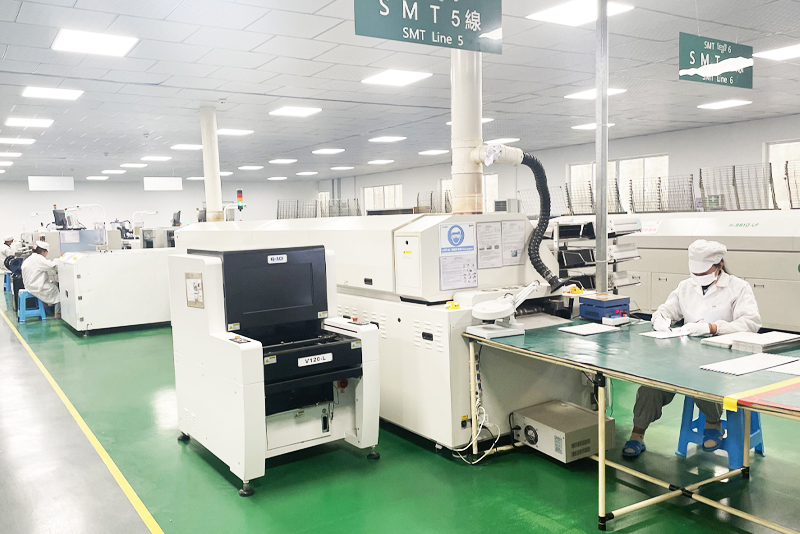
SKD solution
-
Solar IoT Management System
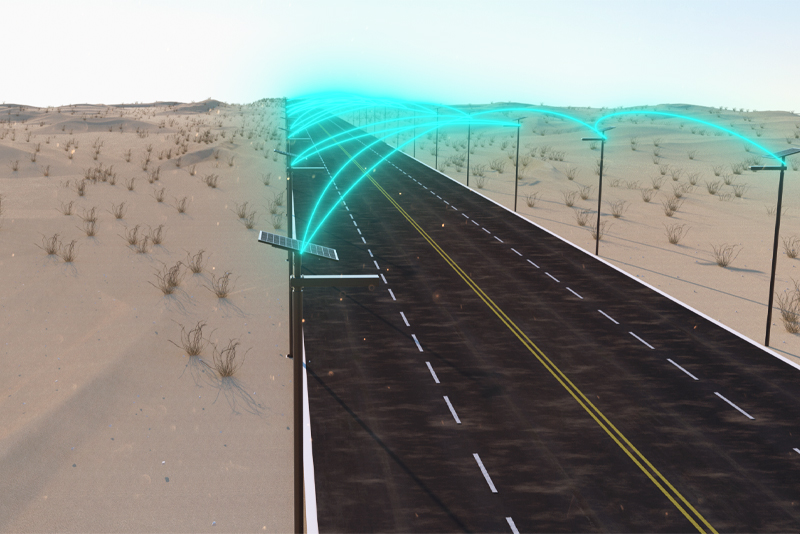
Solar IoT Management System
-
Solar-Grid Power Hybrid Solution
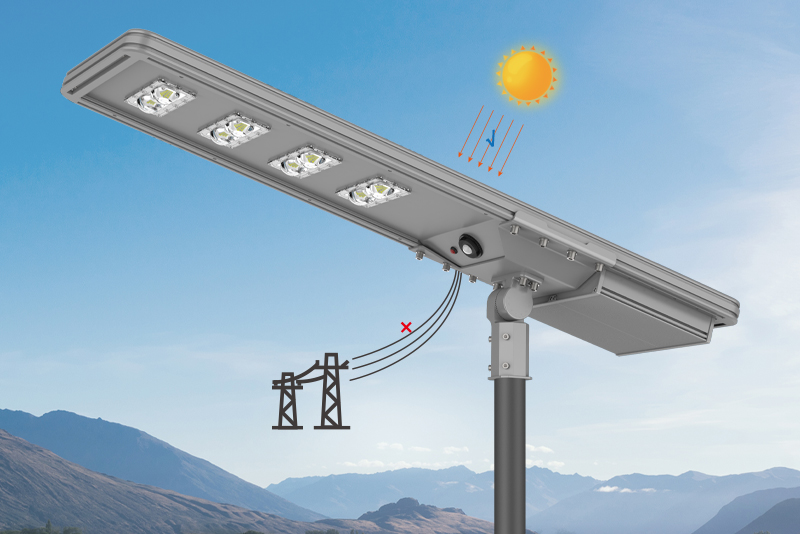
Solar-Grid Power Hybrid Solution
-
Cambodia Factory

Cambodia Factory
-
-
-
Vertical Solar PV Poles
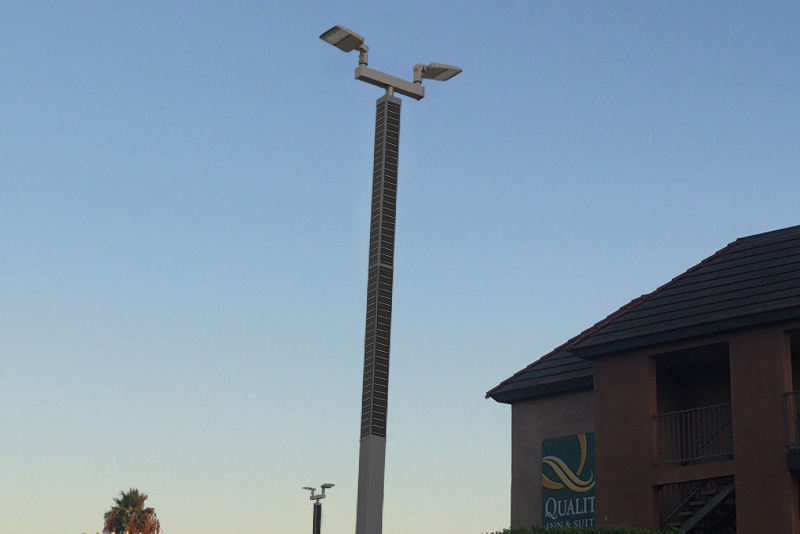
Vertical Solar PV Poles
-
Solar Street Lights
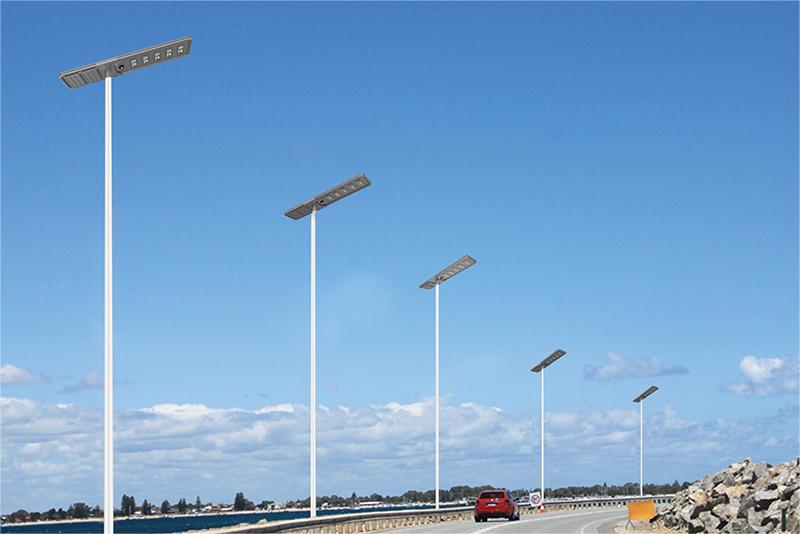
Solar Street Lights
-
Solar Garden Lighting
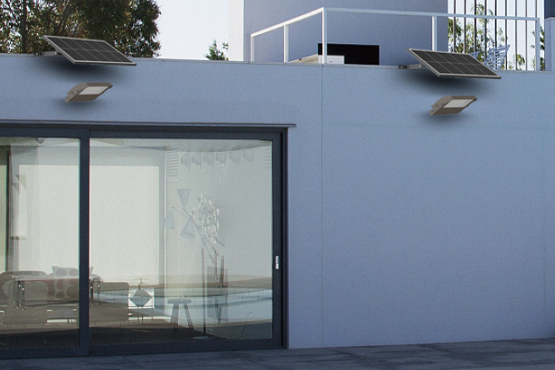
Solar Garden Lighting
-
-






 English
English










 Scan WhatsApp
Scan WhatsApp Scan Wechat
Scan Wechat Scan WhatsApp
Scan WhatsApp Scan Wechat
Scan Wechat Consult Now
Consult Now





